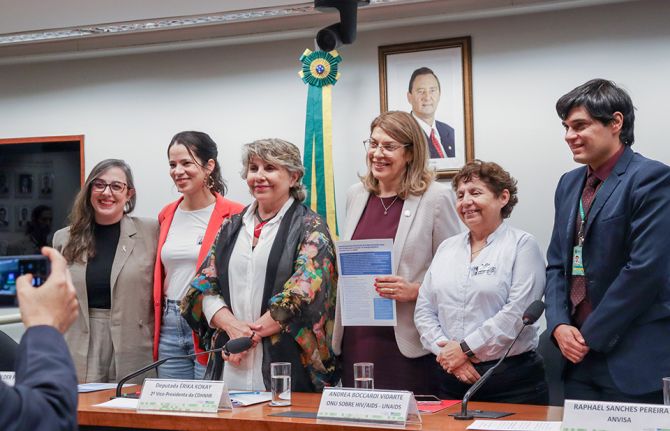
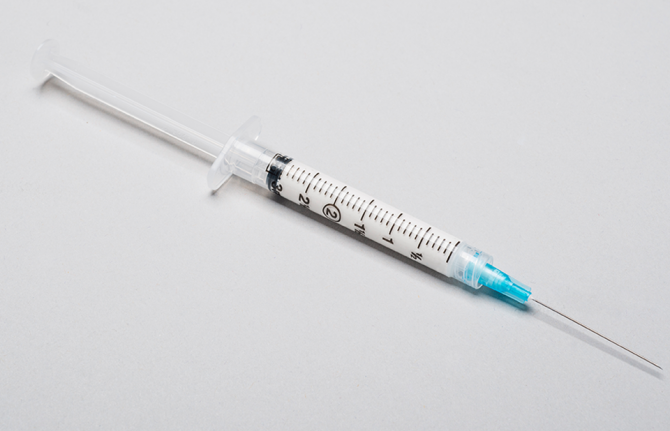
Feature Story
UNAIDS responds to EU approval of a long acting HIV treatment option: “To end AIDS, share technology.”
23 August 2022
23 August 2022 23 August 2022Responding to the news that the European Commission has approved an HIV treatment option designed for twice-yearly dosing, UNAIDS Executive Director Winnie Byanyima said:
‘It is great news that a range of long-acting HIV treatment options are set to come on stream. A range of options for long-acting treatments, received every few months, could enable more people to get on treatment or offer better clinical options for patients showing resistance to current regimens, therefore staying longer on treatment, and prevent many AIDS-related deaths – if they become available for all who need them. The evidence is clear: monopoly production cannot ensure global availability and affordability. Worldwide availability of affordable long-acting treatments will require the transfer of technology to enable generic production.’
Progress in long-acting treatments follows progress in long acting prevention. The recent decision by ViiV to share its long-acting HIV prevention technology to enable generic production has demonstrated that sharing is possible for companies to do. UNAIDS welcomed that decision and is urging an expansion of the number of countries included. Currently, many upper middle-income countries do not have access to these technologies. Achieving global targets to end AIDS would require countries around the world have access to newer technologies. As a range of companies advance their development of long-acting HIV treatments, they should build on ViiV’s precedent, expanding the number of countries, and learn from it by not waiting until after launch to transfer the technology.
Ms Byanyima said:
‘Delays in the transfer of technology of innovative health products cost lives. The process of sharing of long-acting treatment technology, of the intellectual property rights and “recipes”, should not wait for after long-acting HIV treatment medicines are made available to people in rich countries. That process should begin at the early stages of the Research and Development (R&D) cycle. Sharing technology now, to help producers prepare, will save lives and help end the AIDS pandemic. The transfer of pandemic-ending technologies to low- and middle- income countries is not only the right thing to do, it is in the self-interest of rich countries too. We can only end AIDS by ending AIDS everywhere. To end AIDS, share technology. Now.’
Note
UNAIDS statement follows the announcement of EU approval detailed in this link: https://www.gilead.com/news-and-press/press-room/press-releases/2022/8/gilead-announces-first-global-regulatory-approval-of-sunlenca-lenacapavir-the-only-twiceyearly-hiv-treatment-option. UNAIDS statement is not a commentary on any individual medicine but on the advances being made in long-acting technologies and the need for such technology to be shared.
UNAIDS
The Joint United Nations Programme on HIV/AIDS (UNAIDS) leads and inspires the world to achieve its shared vision of zero new HIV infections, zero discrimination and zero AIDS-related deaths. UNAIDS unites the efforts of 11 UN organizations—UNHCR, UNICEF, WFP, UNDP, UNFPA, UNODC, UN Women, ILO, UNESCO, WHO and the World Bank—and works closely with global and national partners towards ending the AIDS epidemic by 2030 as part of the Sustainable Development Goals. Learn more at unaids.org and connect with us on Facebook, Twitter, Instagram and YouTube.

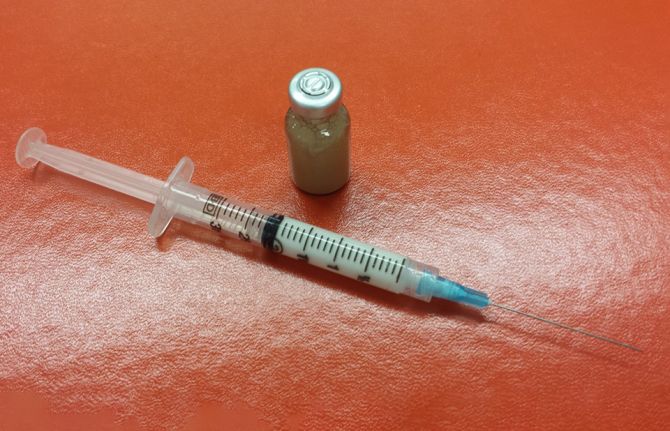
Press Release
UNAIDS welcomes ViiV’s agreement to enable generic production of long acting PrEP to 90 countries
28 July 2022 28 July 2022MONTREAL/GENEVA, 28 July 2022—UNAIDS welcomes the agreement between ViiV and the Medicines Patent Pool to enable access to generic formulation of long acting Cabotegravir for PrEP to 90 low- and lower-middle income countries.
UNAIDS Deputy Executive a.i. Dr Matthew Kavanagh said:
“UNAIDS applauds this decision by ViiV, and congratulates the Medicines Patent Pool for securing this agreement. Supporting the production of affordable generic CAB-LA could keep millions of people safe from HIV.
Some pharmaceutical companies have claimed that technology sharing undermines the development of technology—but this licensing deal proves that companies can share and prosper.
Progress in the global HIV response is slowing, and in too many countries we are even seeing rising infections. The 2025 targets are in danger, and only bold actions can enable the curve of new infections to be pulled down. We cannot afford to wait for new technologies to be deployed. Further action is essential to ensure that the potential that this announcement brings is fully realised.
First, it is vital that the license be extended to more than the 90 countries named. Middle-income countries are now where the majority of new HIV infections occur and home to many of the key populations most at risk of HIV and who most need access to long-acting ARVs. But many are not included in this license despite considerable need for affordable new health technologies.
Second, as generic production will take several years to come online, it is crucial that ViiV commit to sell CAB-LA in low- and middle- income countries at a price as close as possible to the current cost of Oral PrEP—currently approximately $60. This would enable ViiV to prevent millions of new HIV infections.”
UNAIDS commends the non-exclusivity clauses of the agreement, which allows qualified generic producers all over the world to express the interest in producing it. UNAIDS encourages ViiV and MPP to support generic producers in developing this new technology through a consistent transfer of technology package that goes beyond the licensing aspects.
This agreement could pave the way for sharing of technology on long acting treatment, too. UNAIDS urges that licensing help develop a path for accelerated market entry of generic formulations of long-acting ARVs not only for prevention, but also for treatment, when normative guidance is established.
UNAIDS calls on businesses, governments and funders ensure that everyone who needs long acting antiretrovirals can access them.
“We urge all companies developing long-acting HIV medicines to commit to sharing technology through the Medicines Patent Pool, and all governments to act rapidly to secure affordable access to the newest technologies for all who would benefit from them,” said Dr Kavanagh. “There must be no repeat by any company of the deadly delays in rolling out HIV products that we saw early on in the AIDS epidemic and that has recently been repeated with COVID-19 vaccines and therapeutics. Sharing technology is essential for stopping pandemics.”
UNAIDS
The Joint United Nations Programme on HIV/AIDS (UNAIDS) leads and inspires the world to achieve its shared vision of zero new HIV infections, zero discrimination and zero AIDS-related deaths. UNAIDS unites the efforts of 11 UN organizations—UNHCR, UNICEF, WFP, UNDP, UNFPA, UNODC, UN Women, ILO, UNESCO, WHO and the World Bank—and works closely with global and national partners towards ending the AIDS epidemic by 2030 as part of the Sustainable Development Goals. Learn more at unaids.org and connect with us on Facebook, Twitter, Instagram and YouTube.

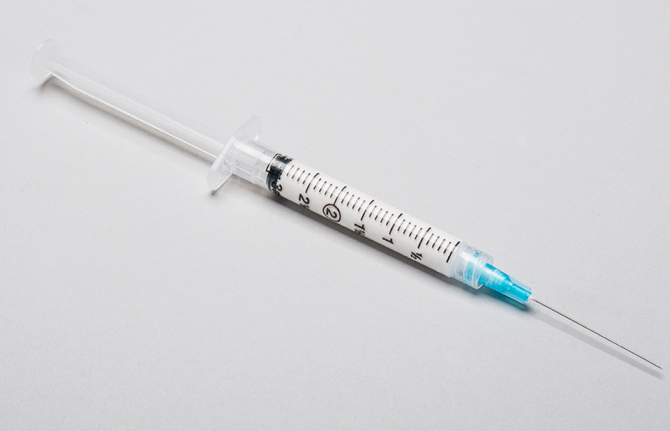
Press Release
UNAIDS responds to Viiv’s announcement on the licensing of long-acting Cabotegravir
27 May 2022 27 May 2022HIV medicine manufacturer Viiv has announced that it is “actively negotiating” a voluntary license with the Medicines Patent Pool on long-acting Cabotegravir.
The World Health Organization will soon issue updated global guidelines on the appropriate application of new long-acting HIV medicines.
Responding to the announcement made by Viiv, UNAIDS Deputy Executive Director a.i. Matt Kavanagh said:
“Last year there were 1.5 million new HIV infections, which shows the urgency of global access to new tools to overcome this pandemic. A successful global HIV response depends on the sharing of technologies. We are encouraged by ViiV’s announcement of negotiations with the Medicines Patent Pool, which has followed engagement by UN partners, financing agencies, civil society, and others. The announcement is an important sign of progress toward affordable global access to this technology for the HIV response; it now needs to be followed by rapid action, in order to translate promises into medicines.
To have transformative impact as a tool for HIV prevention on the scale needed, it is vital that a license for this long-acting antiretroviral come quickly, with open non-exclusive terms for use and production across the world’s low- and middle-income countries. The licensing agreement should also be accompanied by an effective transfer of a technology package, to facilitate quality-assured manufacturers around the world to produce the medicines as soon as possible. There is an urgent need for large-scale production to get underway in Africa, Asia, Latin America and beyond, as soon as possible, to minimize the further wait for affordable products where they are most needed.
Because generic manufacturing will take time to get running, even once a license is agreed, it is also key that ViiV name an interim price that is affordable for low- and middle-income countries.
Those who need new HIV prevention tools most are too often those who get access last — but this need not happen.
We can, as promised, end AIDS as a public health crisis by 2030 – if leaders act boldly to address the inequalities which have driven it. Hoarding life-saving science hurts everyone; it perpetuates pandemics. Sharing life-saving science benefits everyone."
UNAIDS
The Joint United Nations Programme on HIV/AIDS (UNAIDS) leads and inspires the world to achieve its shared vision of zero new HIV infections, zero discrimination and zero AIDS-related deaths. UNAIDS unites the efforts of 11 UN organizations—UNHCR, UNICEF, WFP, UNDP, UNFPA, UNODC, UN Women, ILO, UNESCO, WHO and the World Bank—and works closely with global and national partners towards ending the AIDS epidemic by 2030 as part of the Sustainable Development Goals. Learn more at unaids.org and connect with us on Facebook, Twitter, Instagram and YouTube.

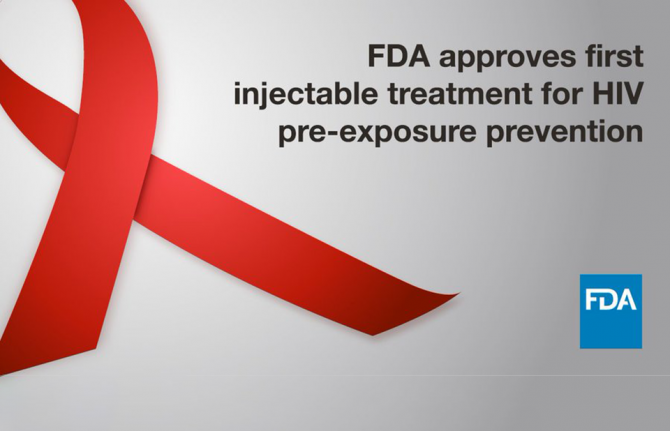
Press Statement
UNAIDS welcomes the approval of long-acting injectable cabotegravir as a pre-exposure prophylaxis for HIV prevention
22 December 2021 22 December 2021The United States Food and Drug Administration announced its first approval of a long-acting HIV prevention medication earlier this week. The long-acting injectable cabotegravir (CAB - LA) is approved as a pre-exposure prophylaxis (PrEP) for adults and adolescents who are at risk of acquiring HIV sexually in the United States of America.
This is the first time an injectable antiretroviral drug becomes available as a pre-exposure prophylaxis for prevention of HIV. The long-acting formula is a step forward and a valuable addition to the HIV prevention toolbox and will make acceptance and adherence easy.
A long-acting PrEP product such as CAB-LA, taken initially as two injections one month apart and then after every two months afterward, could offer a better choice for adults and adolescents at substantial HIV risk who either do not want to take or struggle with taking a daily tablet. Companies holding new technologies should share their knowledge and recipes with generic producers to ensure availability and affordability in low and middle-income countries.
UNAIDS is calling for this new drug to quickly be made available and affordable to people who need it most not just in the United States of America but everywhere in the world. The mistakes of three decades ago when lifesaving drugs were only available to those who could afford it must not be repeated. Market strategies such as generic competition and public health-oriented management of intellectual property rights, either through voluntary agreements or the use of TRIPS flexibilities must be used to make this new drug widely available.
To make this drug available equitably across the world, a series of actions are essential. Firstly, the drug has to be approved by regional and national regulatory authorities in a speedy manner. It is encouraging to see that the developer of CAB-LA, has already submitted to the South African Health Products Regulatory Authority (SAHPRA) for approval and an outcome is expected in early 2022. However access must go much further. Secondly the selling price must come down through a combination of measures such as licencing and involvement of generic producers. Thirdly, national HIV prevention programmes must prepare roll out plans and prepare their health systems and communitiues to deploy this new HIV prevention option as soon as they are available.
Current pre-exposure prohylaxis--Tenofovir plus Emtricitabine—tablets have to be taken daily as oral PrEP. They are highly effective in preventing HIV acquisition among persons at substantial risk when taken as prescribed. However many find it challenging to take a daily tablet. Another option—dapiviringe vaginal ring—is becoming available as additional prevention option for women at substantial risk of HIV infection.
The CAB-LA option could be a game-changer for the HIV response, making PrEP simpler or less burdensome for all genders. This may also circumvent the stigma associated with daily oral therapy and improve correct dosing and adherence which is critical for PrEP effectiveness.
This week’s United States Food and Drug Administration approval follows results from two trials. The first trial, HPTN 083, was conducted in 4 566 gay men and men who have sex with men and transgender women at research centers in Argentina, Brazil, Peru, the United States, South Africa, Thailand, and Vietnam. CAB – LA reduced the risk of sexually acquired HIV by 66% compared to daily oral. In the second trial HPTN 084, among 3,223 at-risk women aged 18-45 across 20 trial sites in seven countries in Sub Saharan Africa (Botswana, Eswatini, Kenya, Malawi, South Africa, Uganda, and Zimbabwe), CAB – LA reduced the risk of acquiring HIV by 89% compared to daily oral PrEP.
UNAIDS
The Joint United Nations Programme on HIV/AIDS (UNAIDS) leads and inspires the world to achieve its shared vision of zero new HIV infections, zero discrimination and zero AIDS-related deaths. UNAIDS unites the efforts of 11 UN organizations—UNHCR, UNICEF, WFP, UNDP, UNFPA, UNODC, UN Women, ILO, UNESCO, WHO and the World Bank—and works closely with global and national partners towards ending the AIDS epidemic by 2030 as part of the Sustainable Development Goals. Learn more at unaids.org and connect with us on Facebook, Twitter, Instagram and YouTube.


